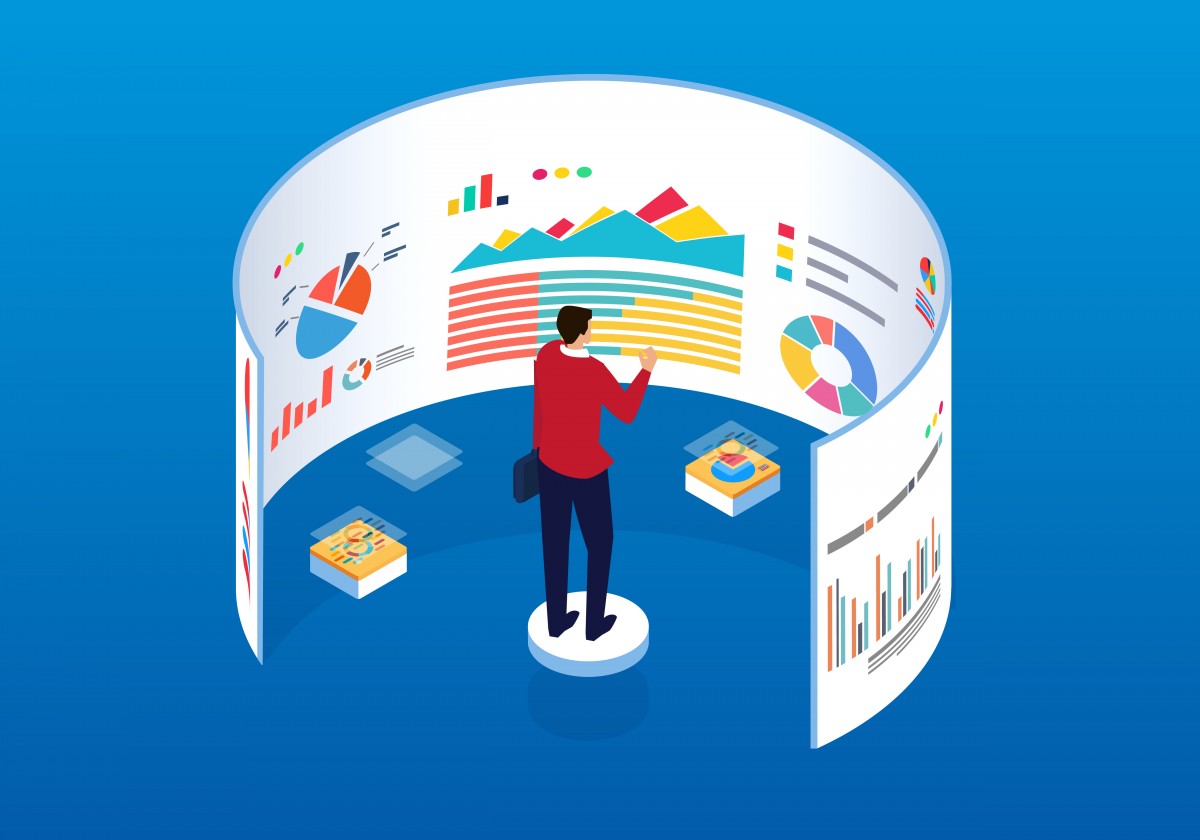Although the changes we are witnessing are subtle, industries such as finance, transport and healthcare, to name a few, will look totally different in five years’ time. Implementing this change and managing employees’ expectations will be a huge challenge. It is one that falls on HR.
For this technology to work it has to have a smooth integration into the workplace. Staff have to buy into it and be happy using it but, most importantly, a completely different skill set is going to be needed to create and use the technology.
A new talent pool
Just looking back to CES earlier this year, it’s clear to see how technology that we have become so accustomed to is going to change. Daimler announced that it will be investing half a billion euros to build automated trucks, with the goal of having a heavy cargo truck on the road by 2025. Not only does that require special skills to build the vehicles but it also impacts infrastructure, loading/unloading technology employability and safety regulations. All these elements are going to require new training that employees haven’t traditionally needed.
What this means for HR departments is that they have to focus on reorienting and reeducating the existing pool of employees. There will be teething problems and some existing staff will resist the changes but others will thrive. HR needs to manage this difference in reception and work with employees to support those who need extra help. If they don’t, it will take longer to see the benefits of new technology.
Machines and humans working as one
The introduction of new technology into the workplace will ultimately mean that humans and machines will have to work together. The quicker an organisation prepares staff for the change, the smoother the transition will be. It might be five years until Daimler gets close to having a fully automated truck on the road but the process of educating staff and creating the culture needed for it to succeed has to start now.
Where the tension can be seen to lie between humans and machines is that the latter can do some tasks more efficiently than us. There is no denying that AI can make calculations or mine for data more quickly than any human but that’s not to say that people then become redundant. Even in the Daimler proposal, a driver will be needed for a truck’s last mile.
But, by outsourcing the jobs that humans can take hours or even days doing, it frees up time to do what people do best. Being creative, building relationships and offering that human touch you simply can’t get from a machine.
The challenge for HR
Changing the mindset of employees to welcome this change and to see that machines are there to help rather than take people’s jobs, is going to be hard. It’s essential for HR departments to get this right or it’s going to be difficult for organisations to digitally transform.
While IT departments may be facing a challenge to implement technology from an infrastructure point of view, managing the relationship between humans and machines is equally, if not more, difficult.
It will be a case of HR striving to make the workplace more efficient rather than working against other colleagues. But, job roles will change and new skills will be needed and HR has to prepare for that change now to ensure that businesses can see real ROI on digital transformation.




